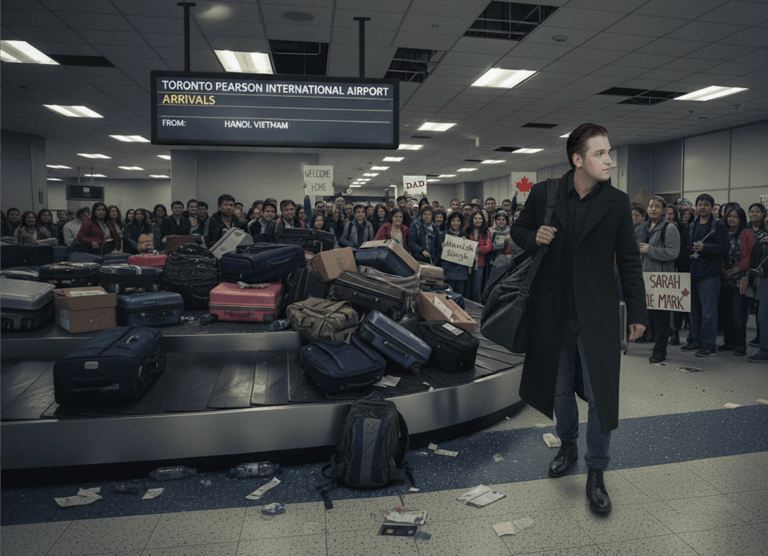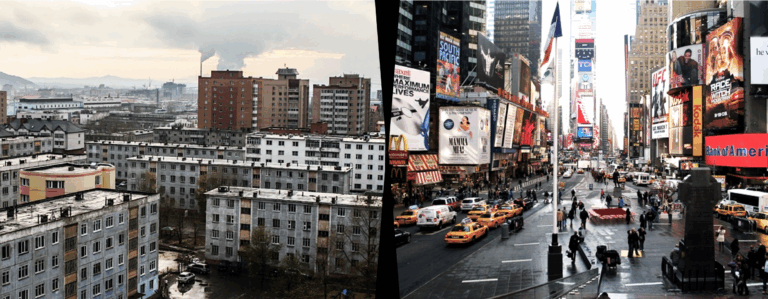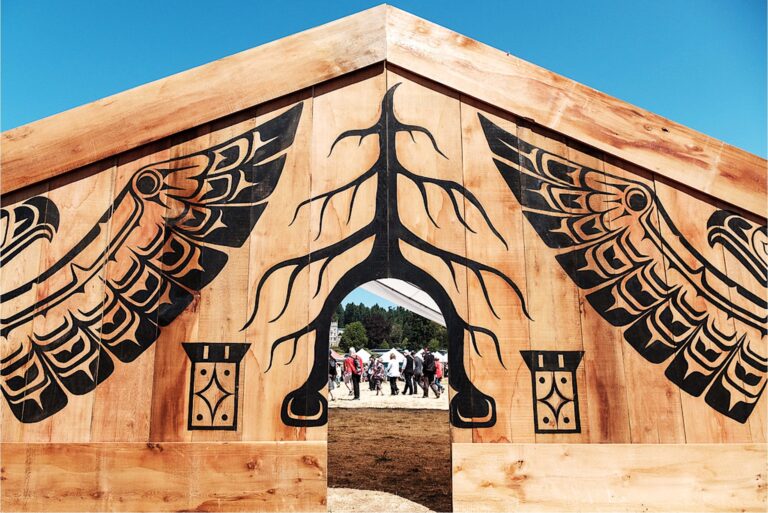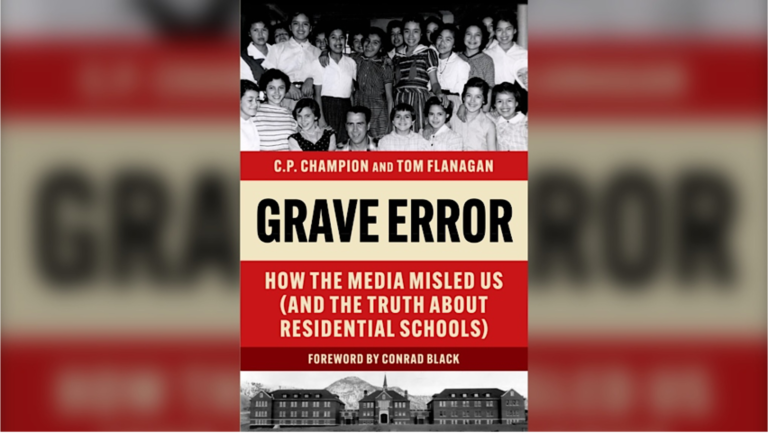David Solway, now over 80 years old, is a prolific author of literary criticism, poetry and travel books. He held numerous academic positions over the years, including Writer-in-Residence at Concordia University in Montreal, and now lives in B.C. He is even a musician and singer in the monotone style of Leonard Cohen whom he knew personally. But over time Solway’s interests have shifted toward politics and history because, like many Jews and a number of Gentiles, he fears that trends in international politics could lead to a new Holocaust.
Crossing the Jordan is a collection of 26 essays, some long and some short, originally published over the last 15-20 years (it would have been helpful had the author indicated when and where they were first published). Readers of C2C may remember seeing “Crossing the Jordan: Celebrating Israel’s Diamond Jubilee” published here in April 2023. It is reprinted in this volume and indeed gives it its title.
The book’s 26 essays cover a wide range of topics in the history of Judaism and Islam as well as contemporary developments in international politics. All written before Hamas’s incursion into Israel on October 7, 2023 – in many cases years before – they radiate an uncanny feeling of having been written afterwards; that’s how prescient they are. The chapters cover issues including waning support for Israel in the United Nations, physical attacks on Jews on the streets of Western countries, and the growth of Islamic “no-go” areas in European cities.
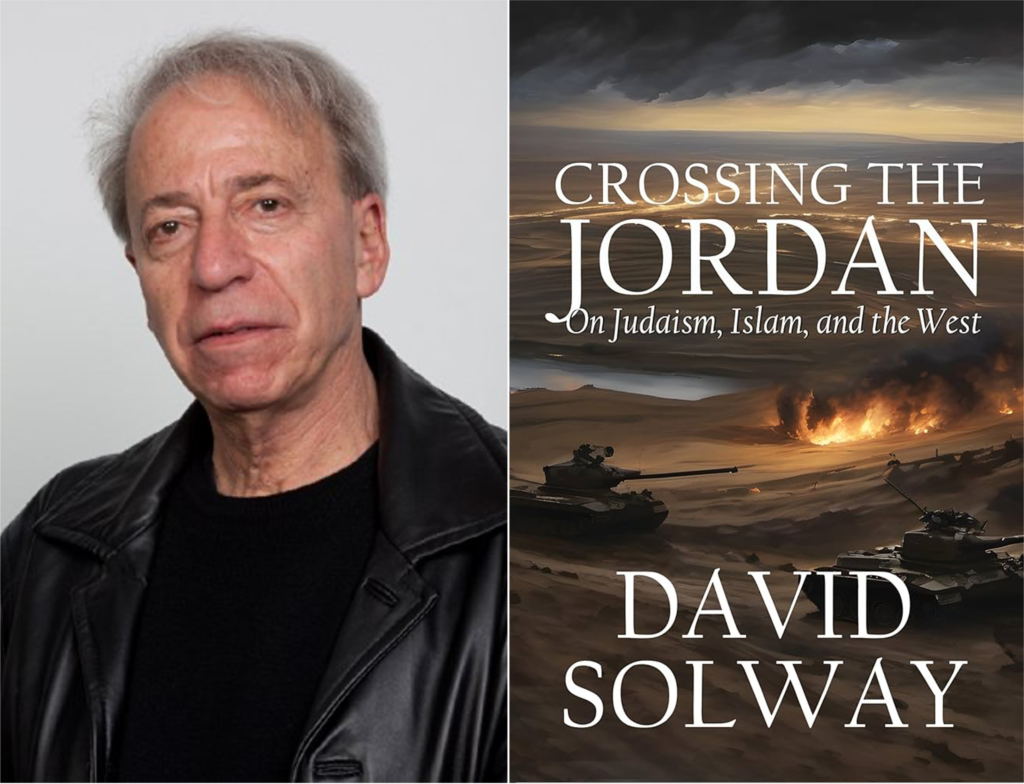 The 26 essays in David Solway’s Crossing the Jordan cover the historical and current circumstances of the Jewish people; although written before Hamas’s atrocity in Israel on October 7, 2023, the book presciently captures the growing international hostility surrounding Israel today. (Source of left photo: Conseils des artes et des lettres Quebec)
The 26 essays in David Solway’s Crossing the Jordan cover the historical and current circumstances of the Jewish people; although written before Hamas’s atrocity in Israel on October 7, 2023, the book presciently captures the growing international hostility surrounding Israel today. (Source of left photo: Conseils des artes et des lettres Quebec)Among the most prescient insights is this one, from Chapter 24: “The issue we are broaching is not only whether Israel can survive its obvious enemies both in the Islamic world and in the West. The same applies to its nominal friends – an Obama, a Clinton, even Reagan – who claim to have Israel’s back and to defend it against its enemies while acting to weaken the state, justifying their actions as ‘tough love’.” Plug in Joe Biden and Justin Trudeau alongside the names of those previous political leaders, and Solway’s statement would be as true today as when it was written.
It is impossible for a reviewer to touch on all the varied topics in this book. Rather, I will try to organize Solway’s thinking into a semi-systematic presentation, even though much will be lost in doing so. Solway is an accomplished wordsmith, and reading his work is a pleasure. My favourite example of his literary cleverness is this mock editorial in Chapter 20 from the imaginary Philistine Times about the Biblical battle between David and Goliath, clearly a send-up of Palestinian propaganda and today’s news media’s orientation vis-à-vis Israel and the Muslim world:
“Standing only six feet nine inches tall, [Goliath] fearlessly stepped forward, daring the Israelites to send a warrior against him in single combat…We note that Goliath presented himself with merely an iron spear, a sword, a javelin, greaves of brass, a brass helmet, a coat of mail and shield bearer marching before him, with which to defend himself against the ruthless and conniving David. The latter, however, was armed with a staff, a sling and five pebbles – not one pebble, not two, but five!”
It is impossible for a reviewer to do justice to someone who can write like that. By comparison, this is merely a Cole’s Notes version of his thinking.
Solway was born in a small town in Quebec. He writes that his father didn’t like other Jews, and he grew up with almost no religious instruction. He did grow up loving winter, skating and Canada in general, and has written penetratingly and movingly about aspects of Canadian-ness, such as this C2C essay on the meanings of our Far North. It is obvious from Crossing the Jordan and other recent writings that Solway has become a close student of Jewish history and sacred books, but he keeps his religious beliefs obscure, except to say he has trouble finding common ground with either ultra-Orthodox or Reform Jews.
For Solway, the Jews are an eternally persecuted minority; they are never really safe anywhere. Accordingly, Jews should stick together for self-defence. Yet the paradox of Jewish history is how fractious they have been, ever since Cain slew Abel in an escalating food fight.
What, then, defines Jews if not common belief or racial ancestry (they now come in all colours)? His answer is striking: Jews are defined by persecution throughout history, such as the oppression of the Seleucid and Roman empires, the Spanish Inquisition, Russian pogroms and the genocide attempted by the Nazis. Solway never directly compares the nature of Jewish persecution to that of other peoples, in order to advance an explicit argument about what makes it distinct. But the distinction should become obvious to any attentive reader.
As the history of the Holocaust shows, the enemies of the Jews will kill them no matter how secularized or even Christianized they become. It is worth mentioning that the German Jews of the late 1800s and early 1900s were the most thoroughly integrated into their host country of any Jewish population in history (until Jews in post-Second World War North America). Many considered themselves entirely German and attained distinction in nearly all fields, including as officers in the Imperial German Army, serving loyally throughout the First World War. Germany was considered the European country least likely to engage in a pogrom against Jews. Yet look what was done to them.

For Solway, the Jews are an eternally persecuted minority; they are never really safe anywhere. Accordingly, Jews should stick together for self-defence. Yet the paradox of Jewish history is how fractious they have been, ever since Cain slew Abel in an escalating food fight. A mini-genre of jokes has arisen that Jews tell one another about their disputatiousness.
Solway is particularly scathing about contemporary “Court Jews”, those who curry favour with Western political elites by criticizing Israel. “Even Israel itself,” he writes, “is riven by an insidious left-wing constituency that would effectively surrender the country to its enemies. Israel’s emblematic bird is the hoopoe, but when one considers much of its intellectual and celebrity elite, its self-appointed ‘soft’ Supreme Court, its academic caste and its subversive, foreign-funded NGOs, one might substitute the ostrich.”

Israel, for Solway, is the eternal homeland of the Jewish people. In our thoroughly secularized and increasingly ahistorical culture, it is probably useful to explain that the book’s title refers to the Jordan River, the last boundary encountered by the Biblical Israelites, after their 40 years of fruitless wandering, between the wilderness and the land God had promised them. Marking the beginning of the fulfillment of God’s pledge, crossing the Jordan was a momentous physical step. Ever since then, it has remained momentous in religious, literary, metaphorical and, in our current troubled times, political terms. Hence Solway’s use for his title.
As a result of this crossing of the Jordan, Hebrews, Jews, Israelis – whatever you call them – have lived in the land between that river and the Mediterranean Sea since the time of the patriarchs and prophets and, accordingly, they exercise sovereignty there today. And they deserve to. It is their last and only refuge against persecution by other nations.
My inner historian would love to debate this further. The Book of Genesis tells us that Abraham came from “Ur of the Chaldees”, i.e., modern Iraq. The Book of Joshua recounts how the Hebrews, after escaping from Egypt, conquered the city of Jericho, slaughtering all the people as well as their animals. While neither story is likely true in any historical sense (although the ancient and impressively fortified hilltop city certainly existed in the late Bronze Age, and it was certainly destroyed near the end of that era), both show the ancient Hebrew awareness of taking possession of the Promised Land, by force if necessary. Ergo, Jews in their own telling haven’t been there forever, unlike the claims often made by Indigenous people in Canada (although they have certainly been there much longer than any other extant people). And, to be clear, I support contemporary Israeli sovereignty. But I remain wary of arguments based on ancient history, sacred texts and oral traditions.

For Solway, the great modern enemy of the eternally persecuted Jews is Islam. The threat in his mind comes in several forms: the nuclear weapons that Iran is developing; the terrorist movements subsidized by Iran and, at times, some of the Arab powers; and, most sinister, mass immigration from Muslim countries to Europe and North America. In Solway’s opinion, “moderate Islam” is merely a fiction, a disguise that protects Muslims while their political power is growing.
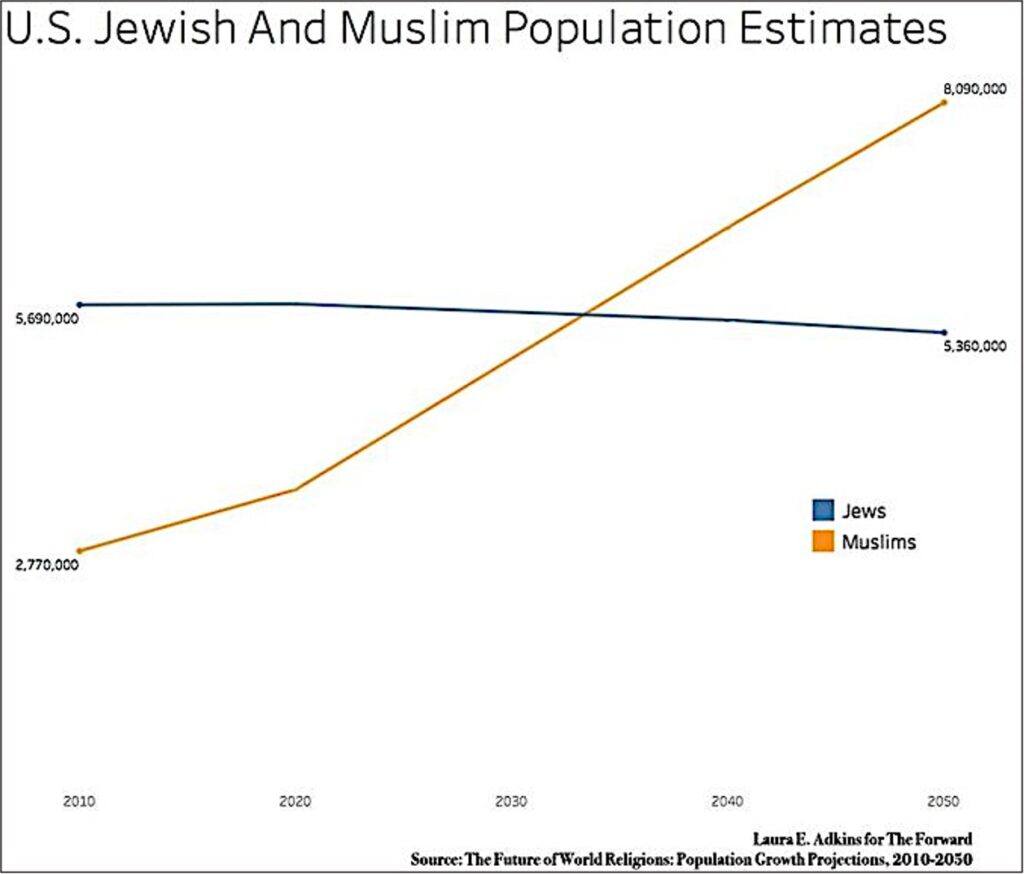
While birthrates in the feckless Western democracies slide far below replacement level, Solway points out that mass immigration causes the Muslim share of the population to rise inexorably. In Solway’s view, once that share climbs over 10 percent, the host country is in trouble. Muslim immigrants will start to demand Sharia law, agitate for their government to abandon support of Israel, and stage terrorist attacks on Jewish citizens, he writes. Indeed, all these trends are visible now in Western Europe and, to a lesser extent, North America.
In assessing the responses of Prime Minister Justin Trudeau and President Joe Biden to the October 7 Hamas atrocities, for example, a number of commentators noted the growing electoral weight of Muslims in both countries, and the not unrelatedly vast number of pro-Hamas activists, academics and even public officials in both countries. Jews who have always felt safe in the United States and Canada reported incidents of harassment and even outright physical assault. Among these were outrageous incidents at a number of campuses – including Harvard. In Canada, among many disturbing examples we saw Calgary mayor Jyoti Gondek refuse to light a menorah for the holiday season – then falsely blame Jews for “politicizing” the 35-year-old tradition – and the almost eager cancellation by two West Coast theatres of The Runner, a play set in Israel, following ludicrously light pressure from pro-Palestinian activists.
Solway’s essays read as if written after October 7, 2023. What he describes is what we see today – attacks on Jews in Western cities, loss of support for Israel, frightening moves by an almost-nuclear-armed Iran. Maybe it is time, as Solway sings, to praise the Israel Defense Forces as ‘Joshua’s children come once again.’
All these trends, writes Solway, are exacerbated by the Western world’s self-imposed weakness. The regnant ideology of the misnamed “Progressivism” (along with critical race theory and wokism) divides society into oppressors and oppressed and lists Muslims as part of the oppressed. Jews, however, are lumped in with “white” “oppressors”.
Thus arises a bizarre concatenation of forces. We have seen many illustrations after October 7 of how Muslim firebrands in Western countries receive the support of feminists, gay and trans activists, trade unionists and other leftists who in Muslim countries would probably be imprisoned if not executed. (A reminder: homosexuality is considered a mortal sin by many Muslim scholars and gays have been murdered or executed in several Muslim-controlled areas – including the Hamas-run Gaza Strip.) But in the name of “intersectionality”, Western Progressives welcome the Islamic enemy into their midst while driving Jews outside their coalition on grounds that they are kin to the “settler-colonialists” of Israel.

I have mixed feelings about Solway’s vision of Jews as an eternally persecuted nation and Islam as the enduring enemy of the Western world. I have already registered my doubts about his use of history in justifying Israeli sovereignty. Closer to home, I have Muslim friends in Canada and have taught many Muslim students over the years. For heaven’s sake, my dentist and cardiologist are Muslims! What could be more personal than letting your supposed enemies stick their fingers in your mouth or put chemicals in your bloodstream? None of this means Solway is wrong, but it illustrates the difficulty of drawing bright lines.
And yet, as I said at the outset, Solway’s essays read as if written after October 7, 2023. What he describes is what we see today – attacks on Jews in Western cities, loss of support for Israel, frightening moves by an almost-nuclear-armed Iran. Maybe it is time, as Solway sings on one of his CDs, Children of Israel, to praise the Israel Defense Forces as “Joshua’s children come once again.” Remember what Joshua did to Jericho. When political conflict becomes lethal, self-protection drives people to resort to blunt distinctions between friend and foe.
Book information: David Solway, Crossing the Jordan: On Judaism, Islam, and the West, Nashville, Tennessee, and London, England. The New English Review Press, 2023.
Tom Flanagan is professor emeritus of political science at the University of Calgary.
Source of main image: @bastique, licensed under CC BY-SA 2.0.


